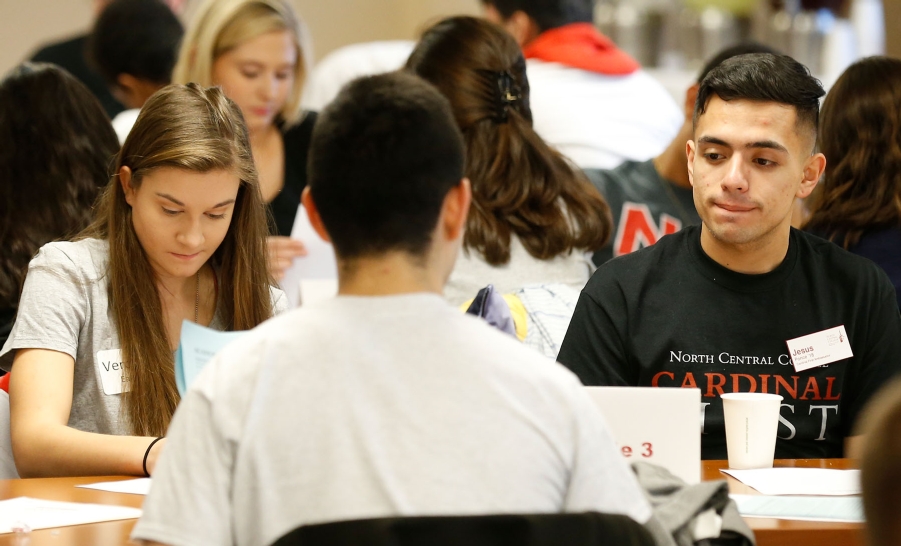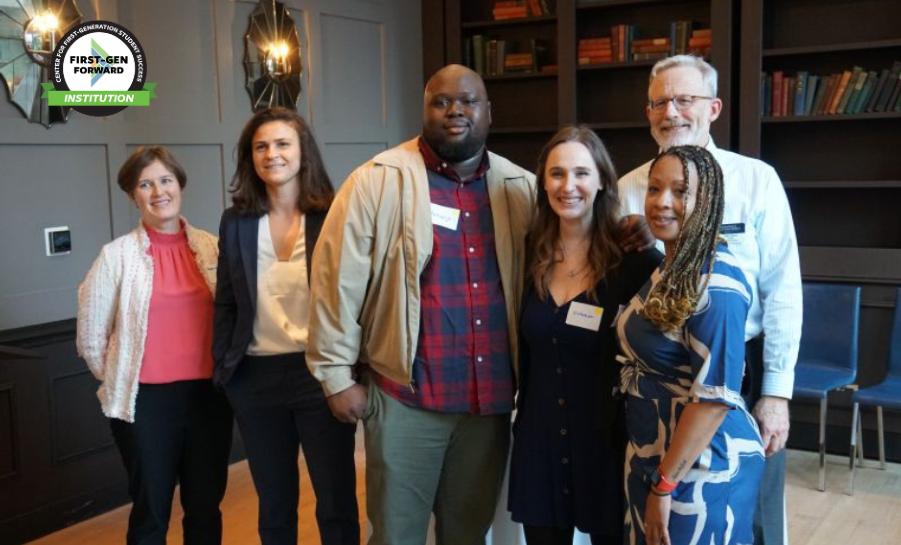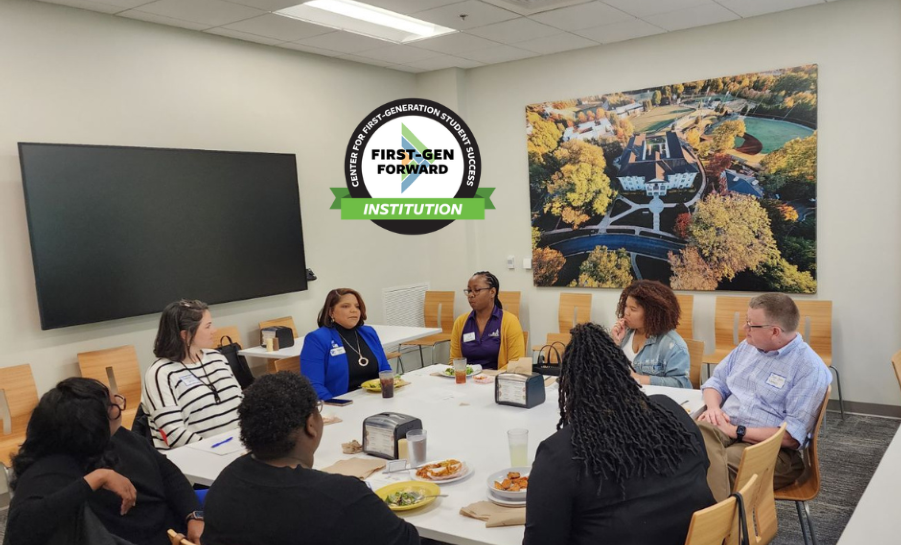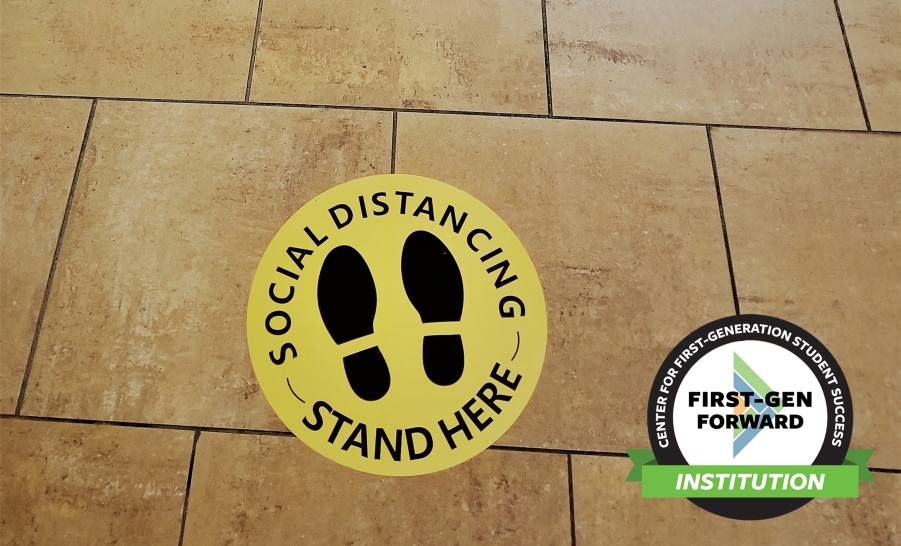Three Keys to Running a Successful First-gen Initiative
Samantha Borrego M.S., / FirstGen Forward / October 25, 2019
Implementing a successful initiative can be daunting. You put a lot of time and effort into it, and students don’t show-up. In this post, I would like to share how First Generation Initiatives at Metropolitan State University of Denver (MSU Denver) launched successful programs. If you are new to your role or want to start a fresh program, I hope you will find this post helpful.
I started my role as the Coordinator for First-Generation Initiatives at MSU Denver in April of 2019. Approximately, 55% of MSU Denver’s student population identify as first-generation. Out of all the first-generation students, more than half are low-income. After understanding our student population, we decided to launch a program called Money Matters Month.
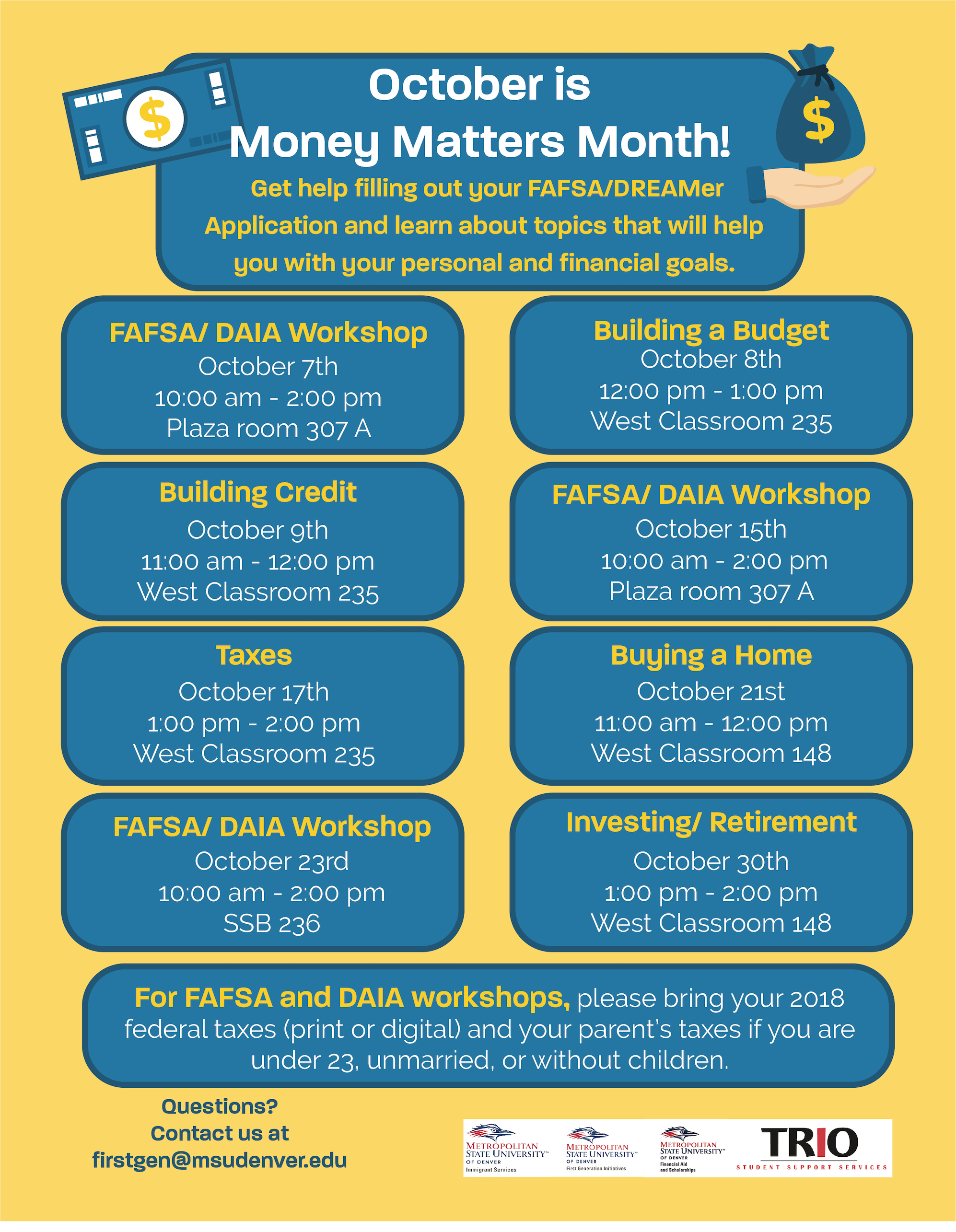
A colleague asked me: “What do you think has allowed you to gain so much interest in your programs?” So, I came up with the following three reasons: collaboration, content, and effective communication.
First, collaboration is important. I am the only full-time staff member in my office. I do have an amazing team of students, but we just cannot do everything on our own. I have been intentional in seeking out partnerships with offices that serve a high number of first-generation students. This semester, the majority of the programming was created by including perspectives from several different offices on campus. When I requested their help I focused on our shared vision. We all want to support, retain, and graduate students, especially those from marginalized populations. Collaboration with different areas allowed for greater buy-in and a greater willingness to help encourage students to participate in events.
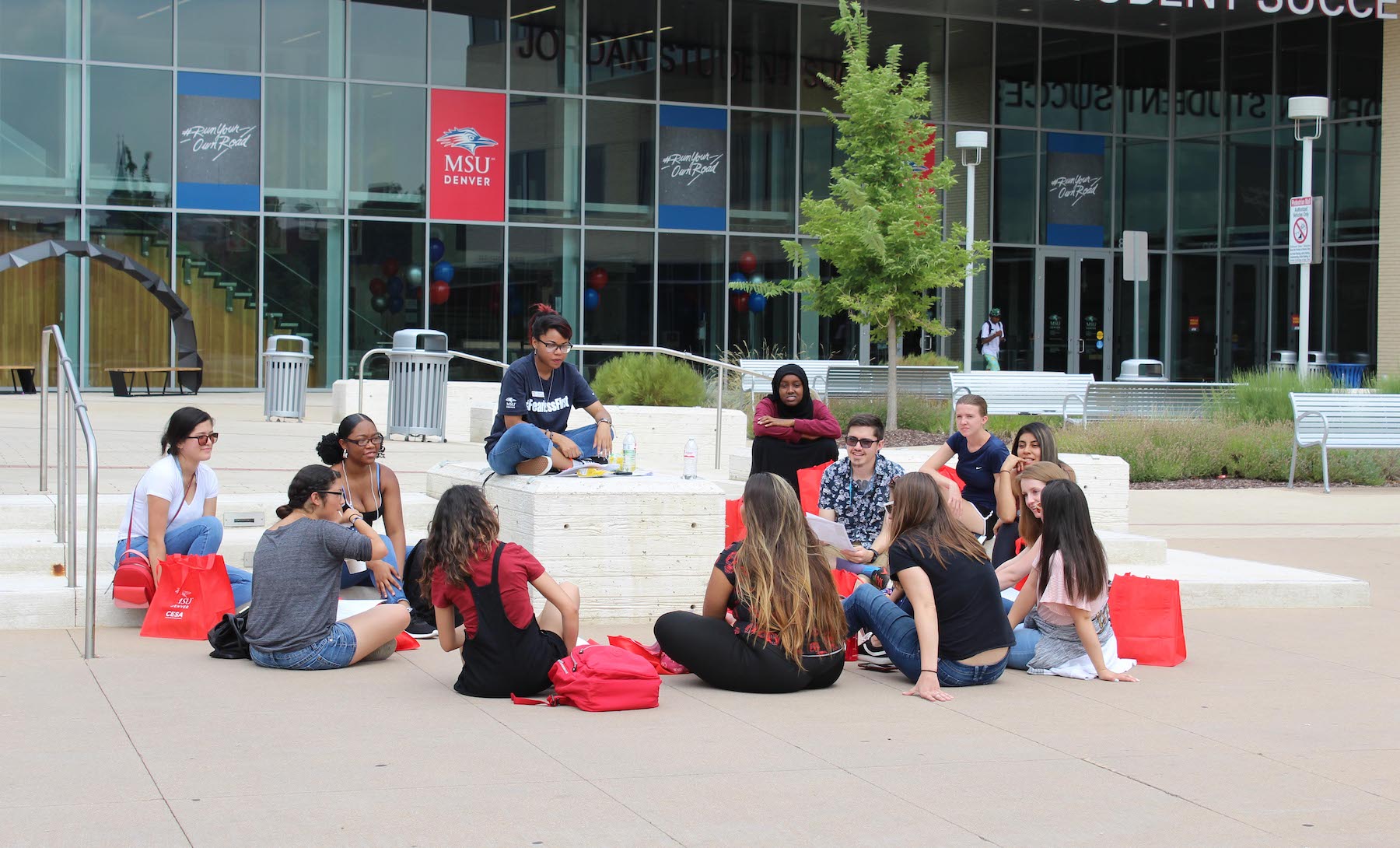
Lastly, and perhaps the biggest reason of all, I think the strong student turn out is because our office is 'speaking first-gen.' What do I mean by this? Speaking first-gen is connecting with and relating to your audience; it is telling your story when promoting events to students. When I talk about Money Matters Month, I share experiences of living pay-check to pay-check, growing up and the stress we felt as a family. I share my experiences living in low-income apartments and dreaming of buying my own home for me and my family. By sharing my story I allow students to connect with me and they are better able to see why a workshop on taxes could be useful.
In all, if you want to have better turn out with your programs, do three things. First- collaborate with other offices, second- make sure your content is relevant to the students lived experience, and lastly, try to speak first-gen when you email, post on social media, and any time you are speaking with students. Encourage your staff to do the same.
